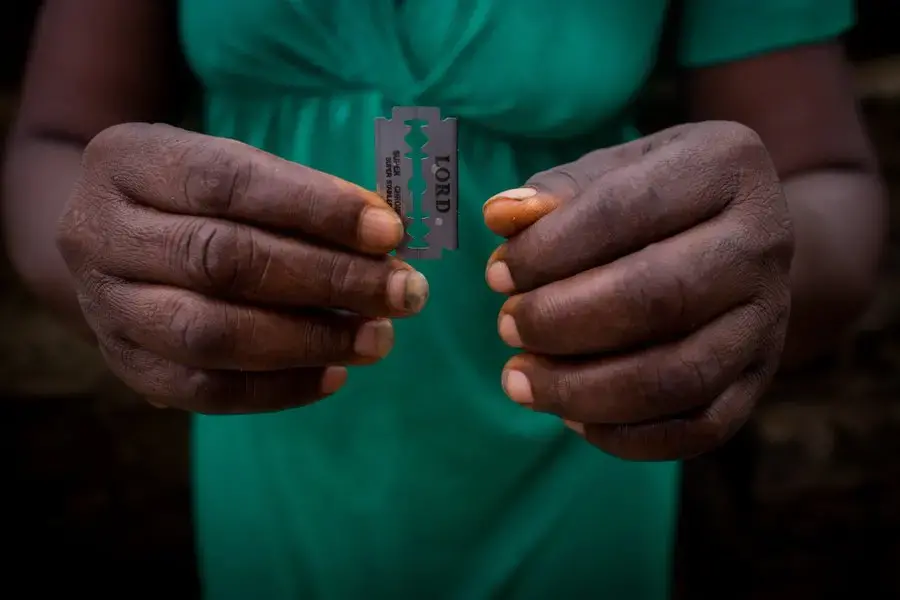Female genital mutilation (FGM) is a practice that involves altering or injuring the female genitalia for non-medical reasons. FGM refers to all procedures involving partial or total removal of the external female genitalia or other injury the female genital organs for non-medical reasons. It is a deeply entrenched social and cultural norm in many places.
The practice can cause short- and long-term health complications, including chronic pain, infections, increased risk of HIV transmission, anxiety and depression, birth complications, infertility and, in the worst cases, death. It is internationally recognized as an extreme violation of the rights of women and girls
Globally, it is estimated that some 200 million girls and women alive today have undergone some form of FGM. Although FGM is declining in the majority of countries where it is prevalent, most of these are also experiencing a high rate of population growth – meaning that the number of girls who undergo FGM will continue to grow if the practice continues at current levels.An estimated 68 million girls are at risk of being mutilated by 2030. Protecting them will take a significant push to accelerate the abandonment of this harmful practice.
To promote the abandonment of FGM, coordinated and systematic efforts are needed, and they must engage whole communities and focus on human rights and gender equality. They must also address the sexual and reproductive health needs of women and girls who suffer from its consequences.
In Sierra Leone, according to the 2019 Demographic Health Survey, 83 percent of women age 15-49 have undergone FGM, a decrease from90 percent in 2013. In Sierra Leone, female circumcision occurs mostly between age 10 and age 14; 71 percent of women age 15-49 had FGM before the age of 15. Among women who have heard of FGM, 48 percent believe that it is not a requirement of their religion and 34 percent believe that FGM should not be continued.
The prevalence of FGM in Sierra Leone increases by age. Sixty-one percent of women age 15-19 have undergone FGM as compared with 95 percent of women aged 45-49. Eighty-seven percent of Muslim women are more likely to have had FGM compared to 69 percent of Christian women. The percentage of women who have had FGM is higher in rural areas than in urban areas (89 percent and 76 percent, respectively). The prevalence of FGM is highest in the North West province (93 percent) and lowest in the Southern province (74 percent). By district, the prevalence of FGM is highest in Karene (98 percent) and lowest in Bo (65 percent).
UNFPA in Sierra Leone continues to advocate to end FGM in the country at a high level with policy makers and media representatives. In 2019, at the community level, UNFPA collaborated with Care International, with financial support from Canada Fund for Local Initiatives to train and empower young people to advocate to end FGM. A youth-led network was established and conducted school and community awareness-raising activities in the Western Area district of Freetown on two international days of observance, International Day of Zero Tolerance for FGM and International Day of the Girl Child.


